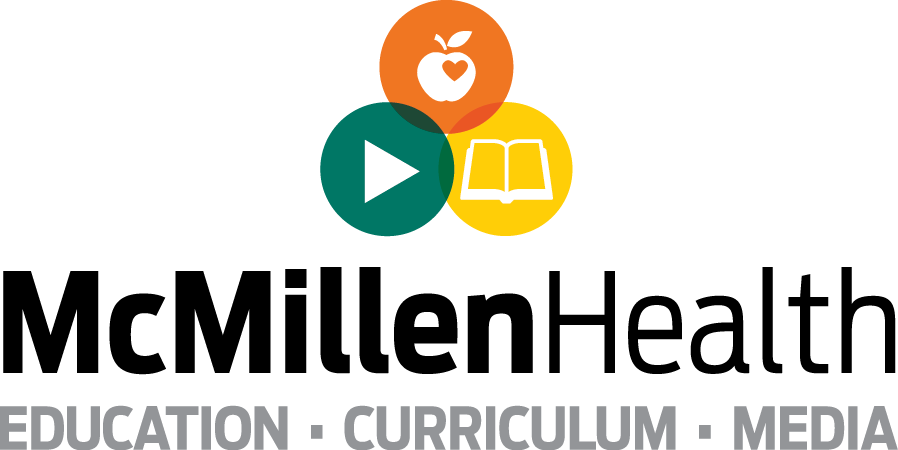How to Prevent Cyberbullying: Tips and Warning Signs
Every time kids and teens go online, there is a risk for cyberbullying. Discover the best tips for preventing, reducing, and reporting cyberbullying.
Keep reading to learn about the warning signs of cyberbullying, including behavior changes, physical symptoms, social media addictions, and more.
What is Cyberbullying?
Bullying is repeated, unwanted actions that hurt, ridicule, embarrass, or scare a targeted person or group of people.
Bullying can be physical, verbal, or social and may be done by a person or a group of people.
Cyberbullying is verbal or social bullying online through
instant messaging,
social gaming sites,
email,
texting,
or social media.
Effects of Cyberbullying
Cyberbullying can negatively affect students' mental health and self-worth.
Targets of bullying are at a higher risk for depression, anxiety, and self-harm. Children and teens who bully are also at a higher risk for misusing substances, having mental and behavioral problems, and experiencing violence.
Cyberbullying can have a digital footprint. This means it can have a lasting effect on someone's online reputation, which can affect their real life, too. A cyberbully’s words and actions can impact future college applications, job searches, and relationships.
Over half of teens report experiencing cyberbullying.
Learn more about the consequences of bullying.
Warning Signs of Cyberbullying
A child may not feel comfortable telling a trusted adult about online bullying. Parents and teachers need to learn the warning signs of cyberbullying, including:
Changes in sleeping or eating habits
Changes in mood or social interactions
Symptoms of stress such as headaches or stomachaches
Difficulty paying attention in school
Suddenly losing interest in hobbies or activities they once enjoyed
When kids start using the internet, they might not share everything with their parents or teachers. Children need to learn how to be responsible online users.
McMillen Health's digital citizenship programs are a great resource for educating students on internet skills and safety.
How to Prevent Cyberbullying
Kids can take action against cyberbullying with the following tips:
Keep social media accounts private.
Turn off location sharing.
Report online bullying to the social media platform.
Report online bullying to a trusted adult.
Don't share personal information online, including
Phone number, email, address, or school.
Don't respond to bullying messages.
Don't participate in cyberbullying by commenting or sharing incidents.
Most states have anti-bullying laws. This means that, in some cases, cyberbullying could be considered criminal harassment.
Ongoing cyberbullying should be reported to the police. It is important to save or screenshot evidence of online harassment to share with the police.
Social Media Addiction & Cyberbullying
A person is more likely to participate in cyberbullying if they have a social media addiction. Social media addiction does not have a clinical diagnosis.
Social media apps are designed to be addicting. App designers take advantage of how the human brain works to keep users on the app. Scrolling apps, refreshing feeds, and getting likes on posts give the brain a chemical reward called dopamine that makes you feel pleasure. That is also how substance use affects the brain.
Time online can start to replace responsibilities, relationships, and even basic needs like eating and sleeping. Over half of teen social media users say it would be hard to give up social media.
A social media addiction can make it harder for adolescents to make responsible online choices. Digital citizenship and anti-bullying education can help.
For some, social media addiction may require professional treatment. Use the following resources to locate a licensed therapist:
· Child and Adolescent Psychiatrist Finder
Read more about the dangers of social media and how to avoid them.
Digital Citizenship Education
Using high-tech media rooms, our health educators can reach classrooms anywhere with an internet connection. If you want to learn more about McMillen Health's digital citizenship and cyberbullying programs, please visit our program page or call us at 1-888-240-7268.
Elementary
Middle School
High School
Ready to schedule? Click here.




